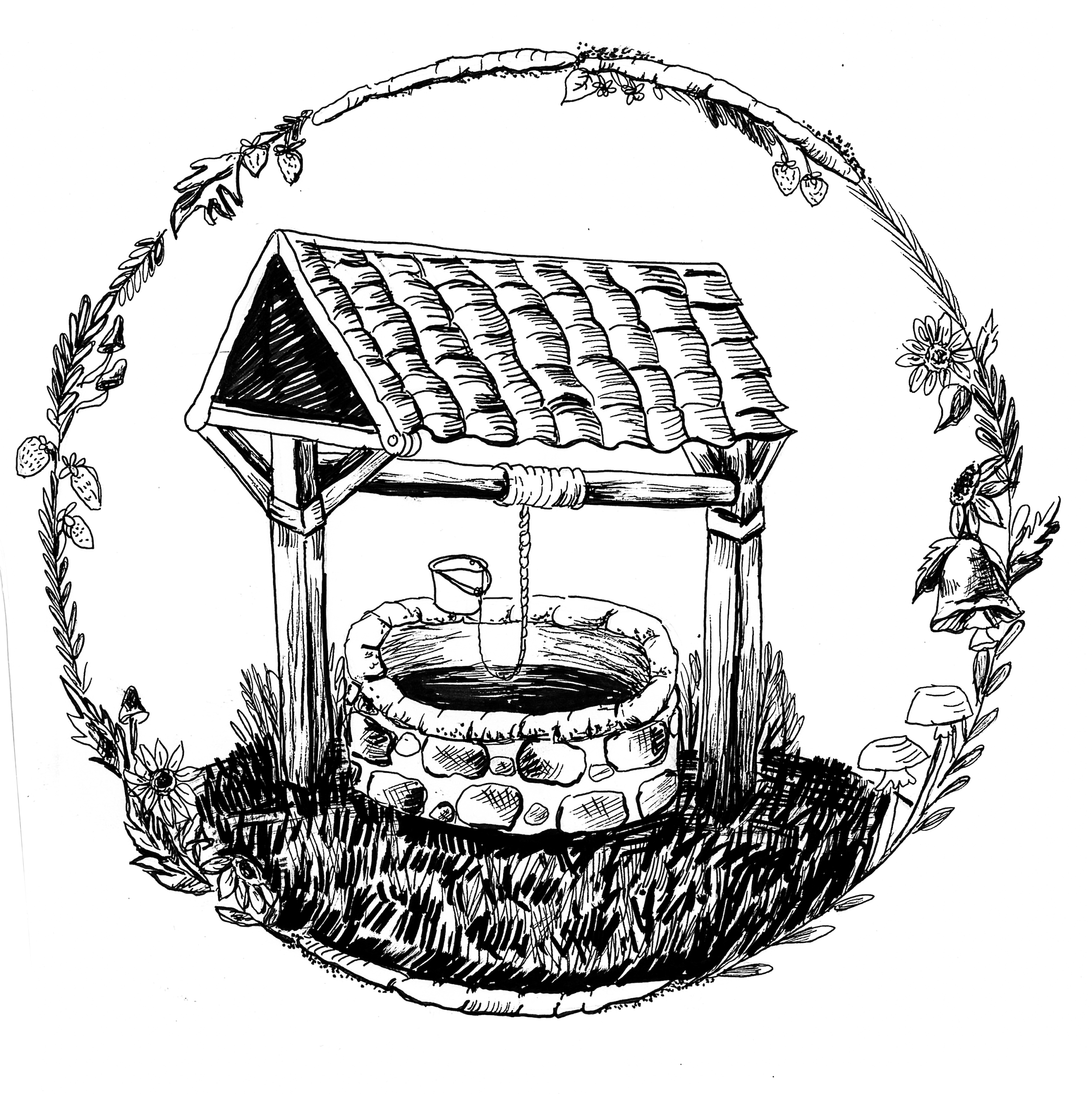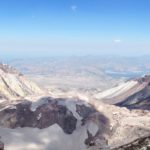What is Integrative Learning?

Defining “integrative” as an independent term has helped me develop a deeper understanding of what integrative learning looks like.
In The Systems View of Life, scientists and systems theorists Fritjof Capra and Luigi Luisi (2014) discuss the ideas of “shallow” and “deep” ecology to explain the changing paradigms centered around a metaphorical shift from the world as a machine to the world as a network.
Shallow ecology is anthropocentric, or human centered. It views humans as above or outside of nature, and as the source of all value, and ascribes only instrumental, or ‘use,’ value to nature. Deep ecology does not separate humans – or anything else – from the natural environment. It sees the world not as a collection of isolated objects but as a network of phenomena that are fundamentally interconnected and interdependent. Deep ecology recognizes the intrinsic value of all living beings and views humans as just one particular strand in the web of life. (p.12)
Capra, F., & Luisi, P. L. (2014). The systems view of life: A unifying vision. Cambridge University Press.
Capra and Luisi (2014) go on to say this is not only a shift in thinking but also a shift in values and both of these shifts “may be seen as shifts from self-assertion to integration. Like the shift I have experienced from practicing objective, empirical observation to acting as a participant observer, integrative learning invites a willingness to question all aspects of old paradigms until a dynamic balance between the old and new is found.
I am beginning to consider that integrative learning is less about finding the answers to the questions that are asked and more about the process of cultivating awareness through living the questions that are asked.
Expanding my worldview outside of the anthropocentric, humanity at the center, thinking I have held onto most of my life has required a lot of inward compassion as I wrestle with many paradigm shifts. Asking questions has helped. Imagining that my community could extend beyond the humans I know and see every day and include non-human living systems across the cosmos fuels my exploratory questions. Seeking communion with all living systems in the cosmos has me longing to embrace the worldview of a community on a cosmic scale.
Asking questions with the purpose of seeking communion with the other individual parts of our cosmic community has often left me feeling disoriented during my journey, yet after years of seeking dominion as an individual in my cosmic community I am not surprised by a little chaos.




